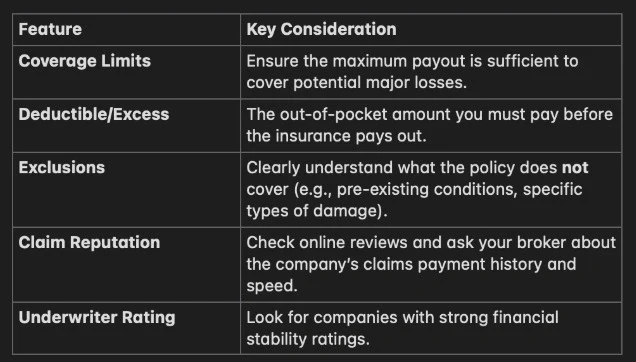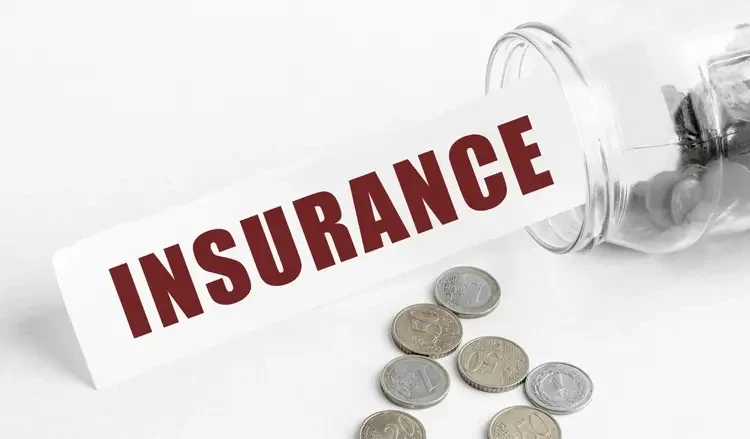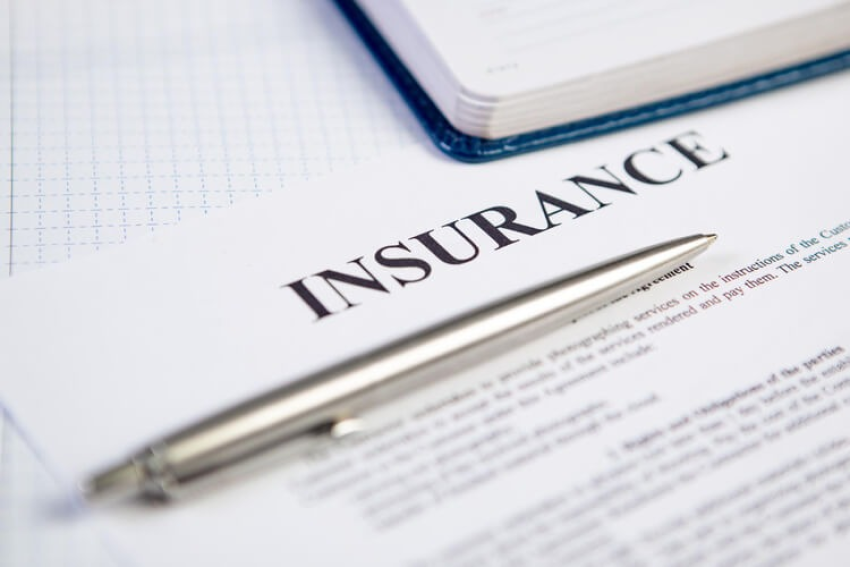Welcome to the Land of Smiles! Thailand offers a vibrant culture, stunning landscapes, and a booming economy. Whether you’re relocating here as an expatriate, launching a new venture, or simply ensuring your assets are protected, understanding the landscape of insurance in Thailand is paramount. Navigating a foreign insurance market can be complex, but adequate coverage provides financial security and peace of mind against unexpected events from medical emergencies to road accidents and natural disasters. This complete guide provides an in-depth overview of the essential insurance types, helps you understand regulatory bodies like the OIC Thailand, and offers practical advice on securing the best policies tailored to your life or business needs. Getting your insurance sorted is a critical first step to a worry-free life in this tropical paradise.
Essential Personal Insurance for Living in Thailand
Securing the right personal insurance policies is non-negotiable for anyone residing long-term in the Kingdom. These policies protect you and your family from major financial setbacks related to health and property.
Health Insurance
Thailand boasts excellent medical facilities, particularly in Bangkok and major cities, but medical costs can escalate rapidly. While free or low-cost care is available through public hospitals, the quality and accessibility often don't compare to private facilities. For expats, students, and digital nomads, securing comprehensive private health insurance for expats Thailand is a crucial investment.
Look for a policy that offers an adequate annual limit, covers in-patient and out-patient care, and provides a direct-billing service with private hospitals. Many expatriates opt for international health insurance which offers global coverage and higher limits, providing seamless continuity of care whether you are in Thailand or traveling abroad. It’s important to compare plans from both local Thai insurance companies and international providers to find the best fit for your lifestyle and budget.
Motor Insurance
Motor vehicles are a primary mode of transport, and Thai roads can be challenging. Whether you drive a car or ride a motorcycle, motor insurance is a must.
- Compulsory Third-Party Liability Insurance (Por Ror Bor / พ.ร.บ.): This is the mandatory minimum required by law. It provides basic coverage for medical expenses and compensation for victims (drivers, passengers, or pedestrians) in case of an accident. It is a prerequisite for renewing your vehicle's annual road tax.
- Voluntary Motor Insurance: This offers much broader protection.
- Type 1: The most comprehensive, covering all damage to your own vehicle (even if you are at fault), third-party damage, fire, and theft.
- Type 2 & 3: Offer tiered levels of coverage, typically excluding damage to your own car in at-fault accidents.
When purchasing car insurance in Thailand, ensure the policy covers the actual cash value of your vehicle and includes a reputable repair network.
Home & Contents Insurance
Even if you rent, insuring your belongings is wise. For property owners, comprehensive coverage is essential, especially in areas prone to floods or severe weather.
- Building Insurance: Covers the structure of your home against perils like fire, lightning, explosion, and natural disasters. Given Thailand’s climate, specific coverage for flood or storm damage should be carefully considered.
- Contents Insurance: Protects your personal belongings, such as furniture, electronics, and valuable items, against theft, fire, and other covered risks. Securing property insurance Bangkok may have unique considerations due to building density and regulations.

Navigating the Market: How to Choose the Right Insurance
Finding the right policy requires careful consideration of providers, coverage limits, and regulatory compliance.
- The Role of an Insurance Broker
Working with an experienced insurance broker Bangkok can simplify the entire process. A broker acts as an intermediary, understanding your specific needs (e.g., for corporate insurance or a family plan) and sourcing quotes from multiple providers, often securing better terms than going directly to the insurer. They also assist with policy language translation and, crucially, guide you through the claims process. - Comparing Insurance Options
The market includes both local Thai insurance companies and branches of major international firms. When comparing, look beyond the premium price. Focus on:

Essential Business and Corporate Coverage
If you operate a business, the insurance needs expand significantly. Business insurance thailand policies include:
- Property and Casualty: Protection for business assets (buildings, equipment, inventory).
- Employers’ Liability: Covers legal liability insurance for workplace injuries to employees.
- Commercial Non-Life Insurance: Often a package including coverage for business interruption, money, and transit.


Frequently Asked Questions (FAQs)
Is health insurance mandatory for expats in Thailand?
No, comprehensive private health insurance is not strictly mandatory for all expats, but it is highly recommended. However, for certain visa types, such as the Long-Stay "O-A" or "O-X" visas, and for some work permit renewals, proof of medical insurance meeting minimum coverage requirements may be required by the government. Always check the latest requirements from Thai immigration for your specific visa type.
What is the compulsory motor insurance (Por Ror Bor / พ.ร.บ.)?
The Por Ror Bor (or Compulsory Third-Party Liability Insurance) is a minimum level of car insurance thailand required by Thai law for all registered motor vehicles. Its purpose is to ensure that victims of a motor accident receive prompt compensation for medical expenses and minimal compensation for injury or death, regardless of who was at fault. It does not cover damage to your own vehicle.
Can I use my travel insurance for long-term living in Thailand?
No. Standard travel insurance is designed for short-term trips (typically 90 days or less) and is meant to cover emergencies during travel. It generally has strict limits and exclusions that make it unsuitable for an expat living long-term in the country. You should transition to a dedicated international health insurance or local plan as soon as you establish residency.
How does the claims process typically work in Thailand?
The claims process starts with notifying your insurer or insurance broker bangkok immediately after an incident. For motor accidents, you must wait for the insurer’s surveyor to arrive at the scene before moving the vehicles. For health claims, if you are at a network hospital, the process is often simplified through direct billing. For other claims (e.g., property), you will need to complete forms and provide documentation (police reports, damage assessments, medical bills). A broker can be instrumental in managing this process effectively.

